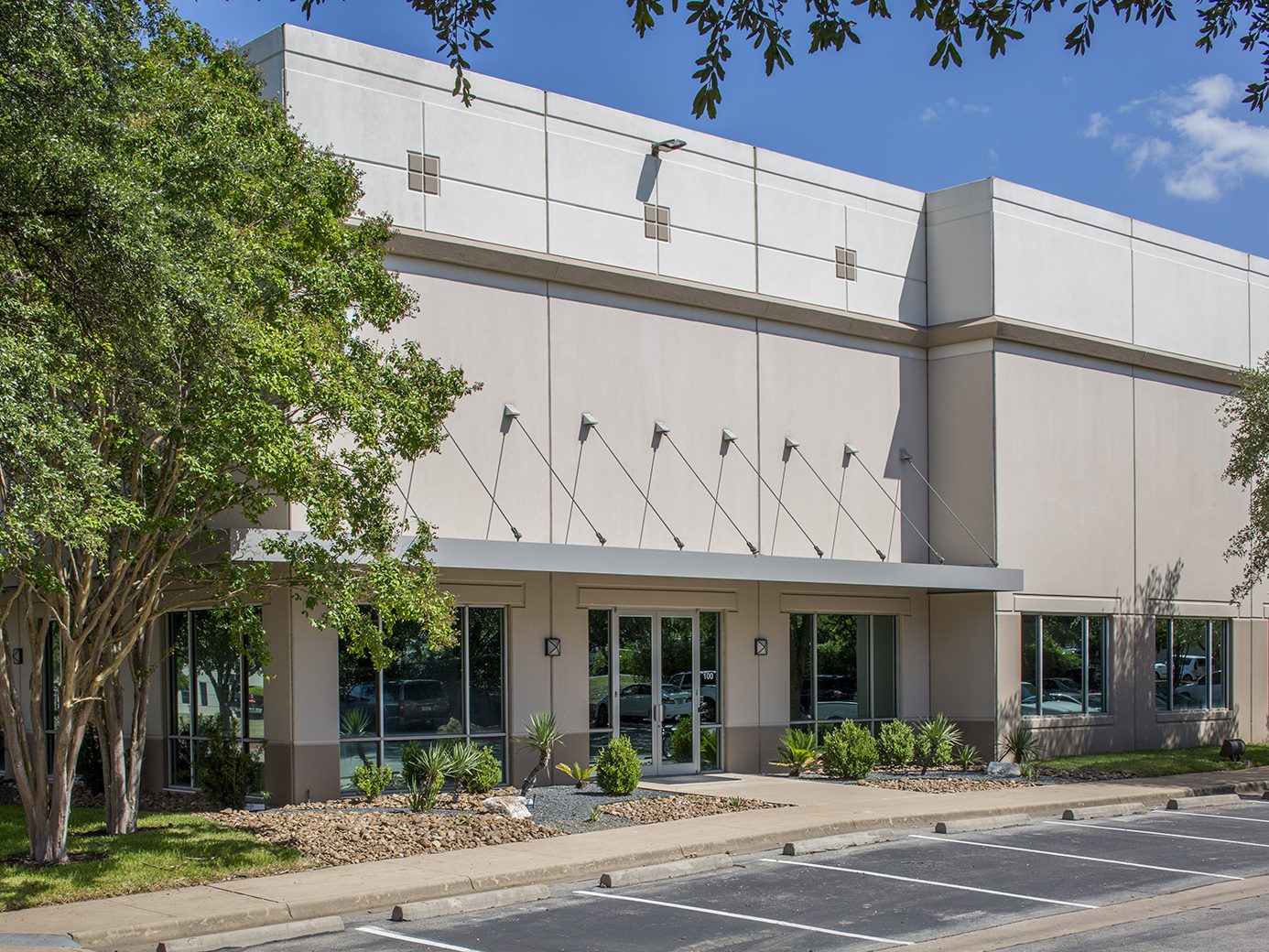Apartment REITs See Record Jump in Returns
While it's probably early to label it a full-fledged resurgence, apartment REITs bounced back in a big way last quarter. The National Association of Real Estate Investment Trusts reported that the FTSE NAREIT All REITIndex was up 31.52 percent in the third quarter--the index's best-ever quarterly gain--bringing year-to-date total returns to 17.73 percent through Sept. 30.
By: Keat Foong, Executive Editor, Multi-Housing News
While it’s probably early to label it a full-fledged resurgence, apartment REITs bounced back in a big way last quarter. The National Association of Real Estate Investment Trusts reported that the FTSE NAREIT All REIT Index was up 31.52 percent in the third quarter–the index’s best-ever quarterly gain–bringing year-to-date total returns to 17.73 percent through Sept. 30.
Apartment equity REITs also registered their best quarterly performance since 1972, increasing by 37.73 percent in total returns in the third quarter. Since the REIT market bottomed on March 6, multifamily equity REITs’ total returns are up by 93.2 percent.
Most of the returns are from increases in stock prices rather than dividends, as REITs are minimizing dividend payout in order to preserve capital in preparation for acquisitions up the road, says Brad Case, NAREIT vice president of research and industry information.
NAREIT attributes the substantial improvement in REIT performance to increased investor confidence and “the ability of publicly traded REITs to raise equity and debt at a time when debt maturities loom over the broader commercial real estate market and access to capital will be a key to survival.”
Case said the mortgage market for all REITs is “still very challenging.” However, he says that “REITs are in a better position” than any other investor group to raise capital. REITs have a number of capital-raising avenues available to them: secondary equity offerings, debt offerings, corporate debt, and bank lines of credit.
The total returns for apartment equity REITs, however, are still down by a magnitude of about 50 percent compared to the market peak in 2007, however.
Case argues that the apartment equity REITs will likely regain the price levels they achieved at the height of the market at some point, given their advantageous capital-raising ability. Investors will increasingly return to purchase REIT stock when REITs are ready to buy the great volume of properties released by distressed loans, said Case. The volume of maturing loans hitting the market is anticipated to hit its peak in 2011-2013.
REITs are in an advantageous capital position relative to “90 percent” of commercial real estate investors, he said.






